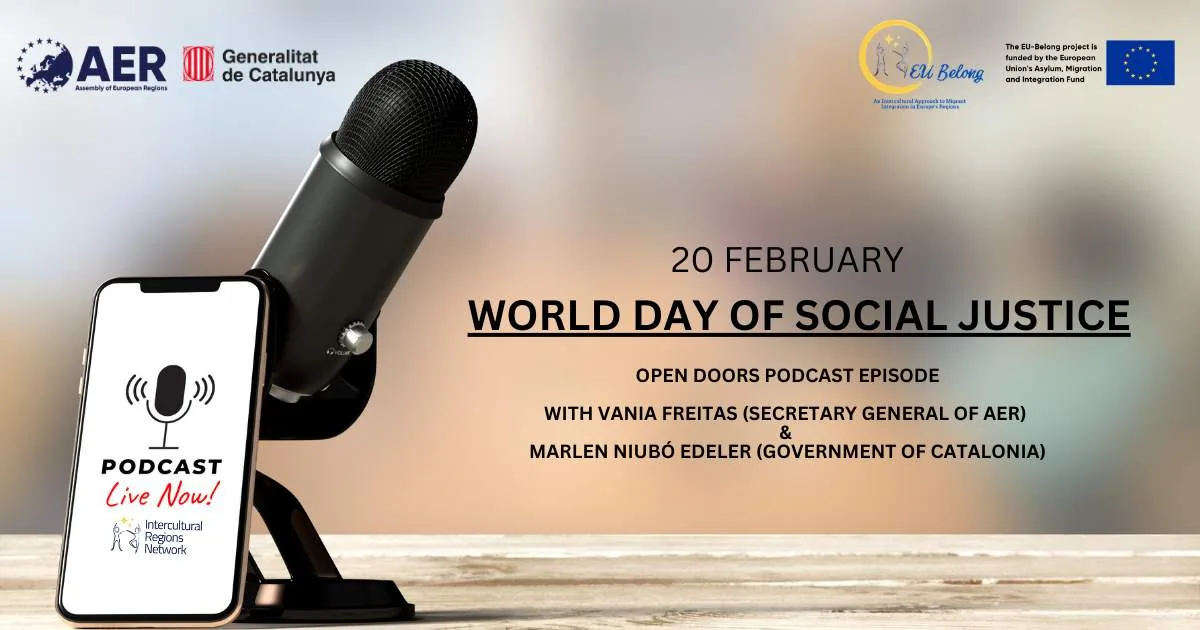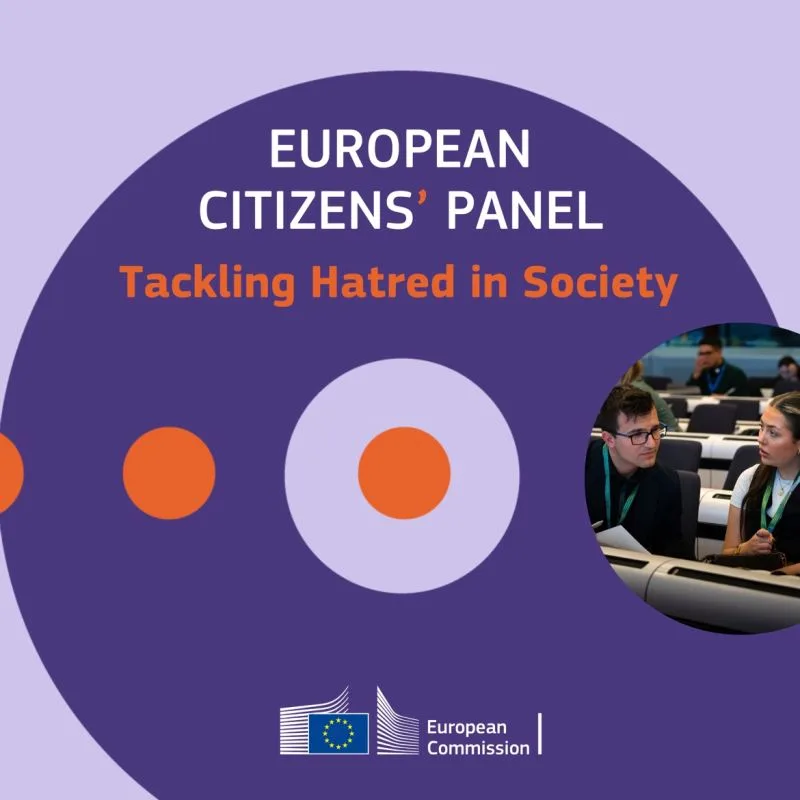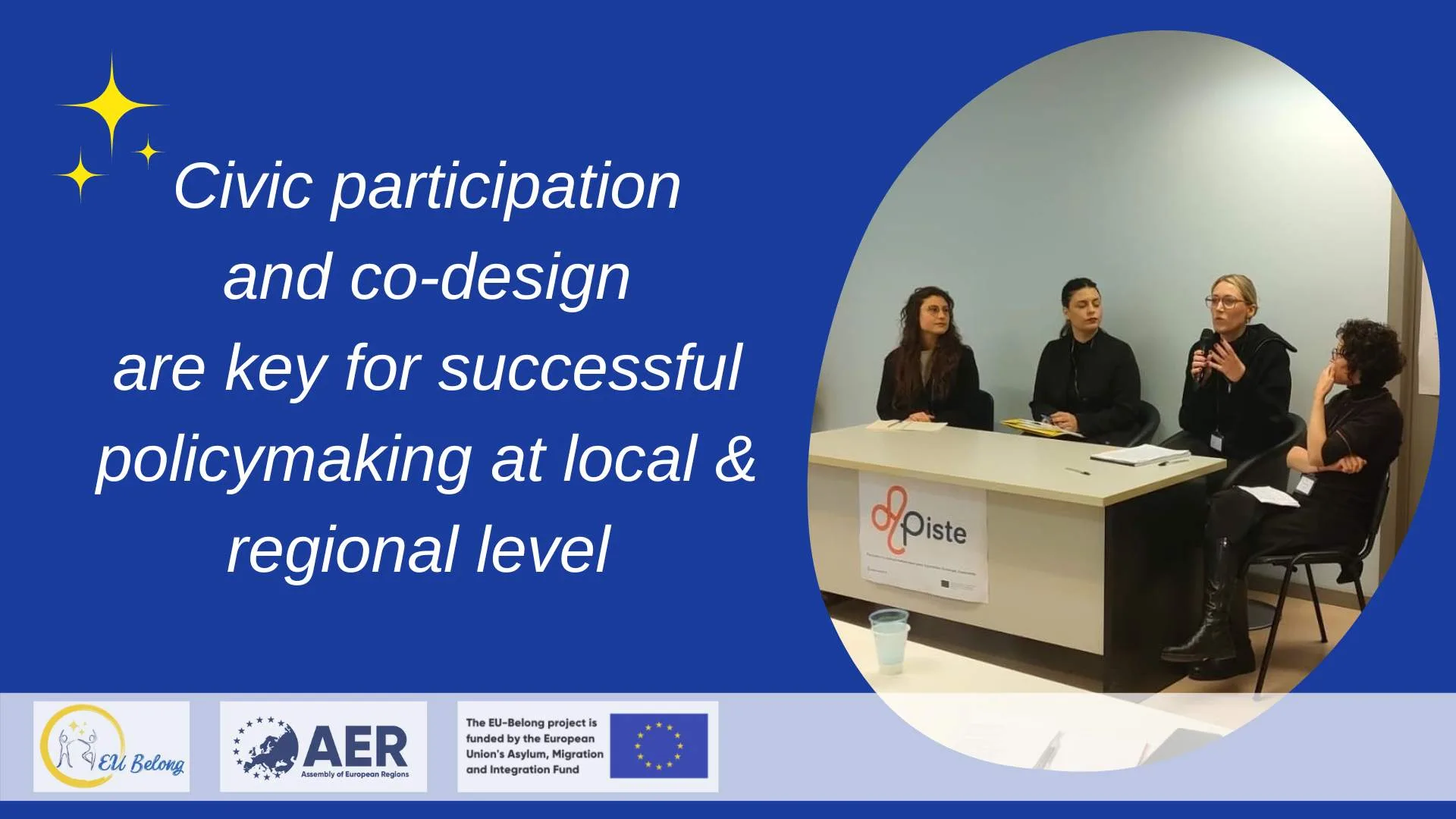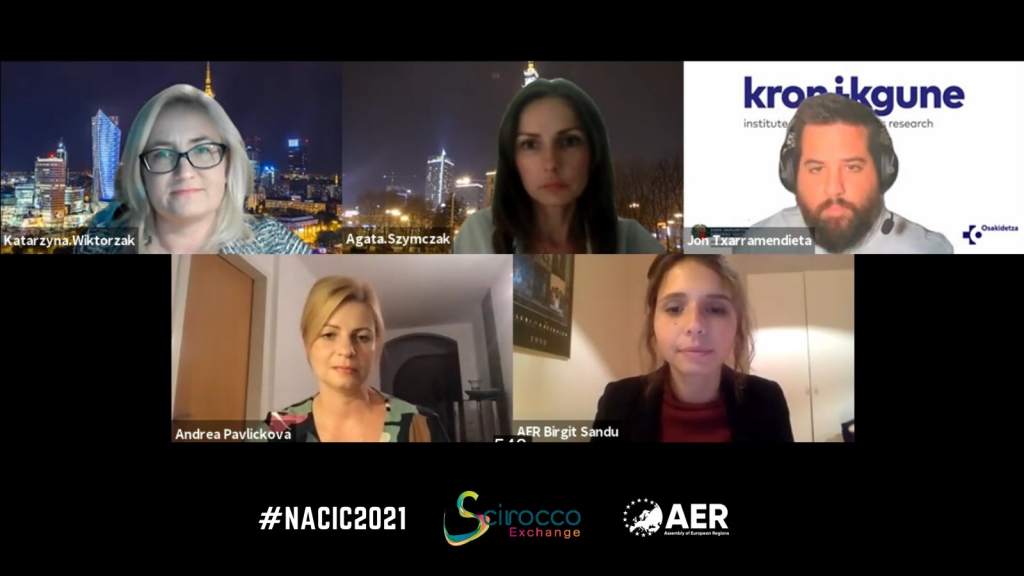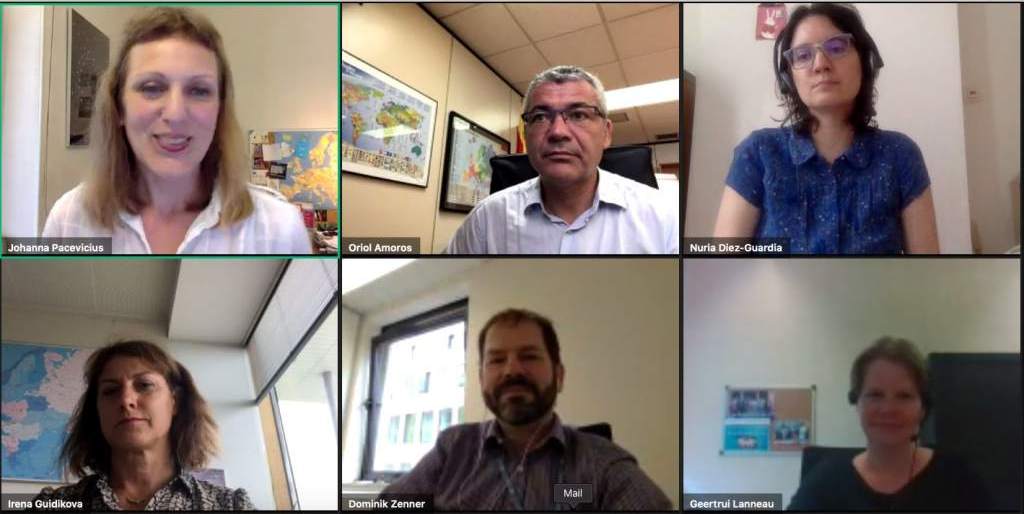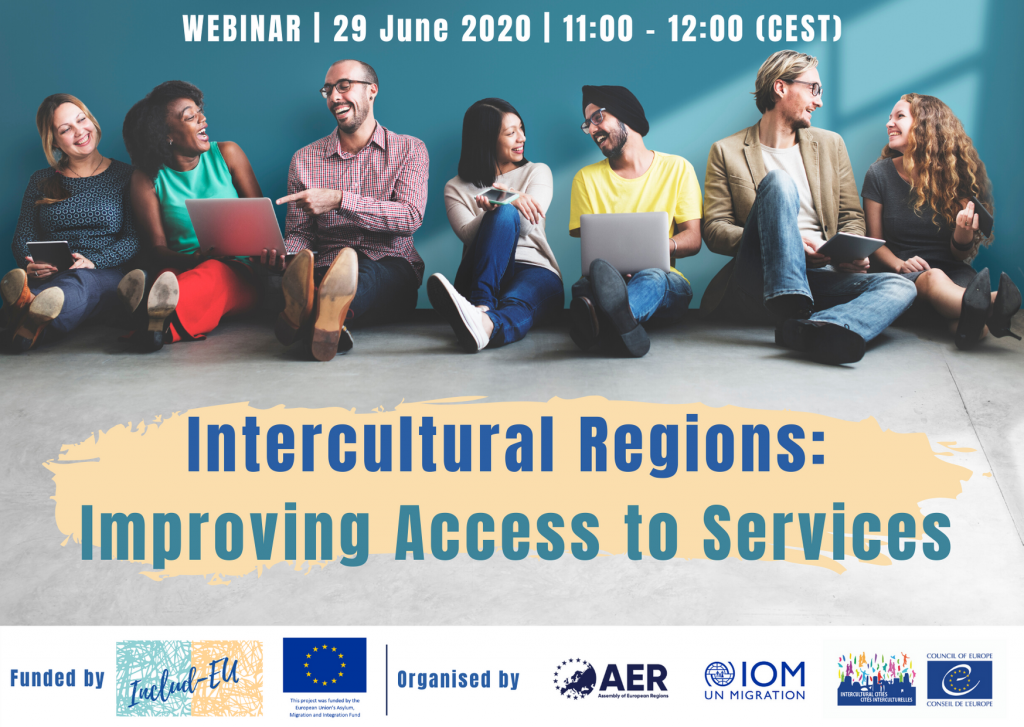Healthy Societies
Building Healthy Societies means reinforcing regional healthcare systems, investing in people’s well-being, and creating safe spaces for democratic participation. It involves establishing measures to combat discrimination, hate speech, and violence while encouraging intercultural understanding to foster a sense of belonging across public and private spaces.
This Transfer Cluster will focus on fostering inclusive systems and advancing social integration across multiple dimensions. Addressing healthcare inequalities, worsened by the COVID-19 pandemic, will be a key step, alongside prioritising overall well-being to create stronger, more resilient communities. At the heart of these efforts is the need to address discrimination and promote intercultural dialogue, essential for building a safe and healthy society grounded in unity and mutual respect.
In this context, the intercultural approach - based on the principles of equality, diversity, interaction and civic participation - provides new insights for the achievement of these goals. The Transfer Cluster “Healthy Societies” invites public, private and third-sector stakeholders to discuss the above-mentioned challenges by:
- gather insights, inputs, tools, ideas on the development of climate resilient, inclusive, innovative, cohesive, thriving places, spaces, territories
- generate multistakeholder conversations around territorial development in the face of societal challenges
- disseminate tools, findings, practices developed in the context of the EU-Belong project, which may be of use to different stakeholders and institutions across wider Europe
- amplify the visibility of relevant resources, practices, tools
- facilitate peer-learning and peer-to-peer assistance

